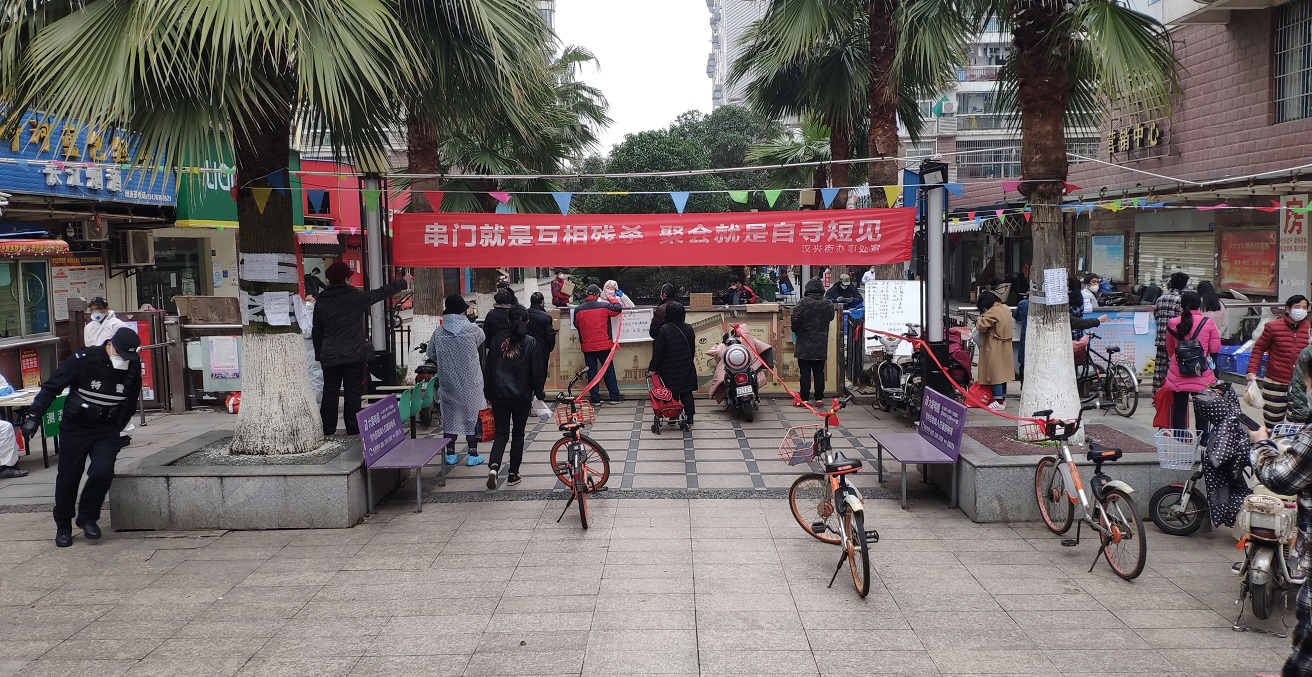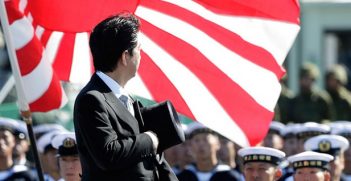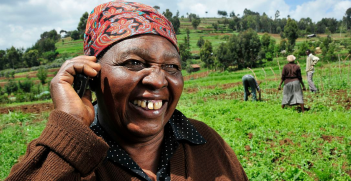Coronavirus Inquiry: Questioning or Endorsing China?

Disproportionate global attention has focused on China as the source of the novel coronavirus. Inquiry into the pandemic must consider the severity of the outbreak and economic disruption faced by China itself.
Some of this international attention was overtly racist in character. Much of the attention attributed questionable motives to China, alleging that China was hiding the facts from public scrutiny and claiming the virus was part of a Chinese strategy against the United States and the global community. China arguably started this process itself by its conscious offering to the world of the genetic sequence for the novel coronavirus as far back as January 2020. But China’s closed behaviour since then has fostered profound doubts around the world about China’s integrity in handling this serious public health crisis within its own apparently secure borders.
Since January 2020, the world has seen regular film footage of Wuhan, the capital of Hubei Province, in apparent lockdown. With some access by foreign media to Wuhan surroundings, we saw streets with public access either restricted or permitted. As usual, we did not see much direct access by foreign media to Chinese decision makers, both in Wuhan and Beijing. There was some discussion in the Western media of the possible role of Chinese President Xi Jinping, but there was little concrete information about how Chinese decision-makers approached this public health crisis. Nor did we hear of instances where foreign media access was requested but not granted, which might have been understandable. Australian media did not necessarily feature aspects either of Chinese openness or of China being deliberately closed to outside presence. Not surprisingly, there was no coverage of who might have been “responsible” for the Coronavirus.
One of the factors that might have facilitated foreign access – by journalists, tourists, or even overseas Chinese returning for to celebrate the Lunar New Year – was the regular flights in and out of Wuhan by Chinese airlines, usually under formal bilateral civil aviation agreements with foreign governments. While some foreign travel restrictions were applied against travel to and from Wuhan, no such decisions were reported as originating in China, which continued to receive large numbers of visiting tourists from Europe and other Asian countries, such as Japan and South Korea, by air and by ship, possibly worsening the risks of infection.
Not surprisingly, none of this was to produce much in the way of a positive image for China. Indeed, a stream of vivid headlines – not always from impartial sources – summarised a fairly negative picture of China’s culpability. Examples of questioning, but exaggerated, foreign media coverage include:
- “China is re-writing Coronavirus history and nobody will stop it” 23 March, 2020.
- “China hid the severity of its Coronavirus outbreak and muzzled whistleblowers – because it can” 10 February, 2020.
- “China: Fighting COVID-19 with Automated Tyranny” 1 April, 2020.
- “China’s Coronavirus Information Warfare” 24 March, 2020.
- “China’s Coronavirus aid seeking to shift narrative away from Beijing’s cover-up, experts say” 24 March, 2020.
US President Donald Trump was characteristically blunt in his targeting of China, even though his own ideas about an early solution were clearly uninformed, predictably odd, and manifestly inadequate to the occasion. Trump’s strident criticism of the World Health Organisation (WHO) was neither helpful nor thoughtful, given the undertone of standard US dislike of multilateral institutions.
An open and independent investigation of this pandemic, which has had such a dramatic impact on the rest of the world, is surely a common-sense approach. Such an inquiry should not be primarily about whether or not China was in some way culpable for the pandemic or guilty of double dealing, including with its own people. Given the substantial costs of the COVID-19 outbreak borne by China itself – not just the economic costs, but the political risks that were involved for community support for the Chinese regime, as well as reputational damage.
It would probably not be fruitful for any external inquiry to pursue such a broad approach. But improving transparency surrounding the emergence of the virus would clearly help. China must allow for an inquiry that might criticise China’s handling of the affair, just as China might criticise other countries’ responses. At the same time, it would not be sensible to expect China to agree to an inquiry that might take a hostile approach to China’s political system, an inquiry that might stray into questions of political competition between the United States and Chin, or an inquiry that attributed motives to China that could not be substantiated.
The West needs to realise that an inquiry that challenges the idea of a relatively open Chinese economy and society would not be in anyone’s interests. Nor would it help if China came to see its substantial international engagement – via overseas education, relaxation of citizenship rules, and collective celebration of traditional Chinese culture (the “new year” or “spring festival” festivities) – as a negative factor.
While an inquiry might result in greater transparency around China’s handling of the pandemic, we might also expect any inquiry to find that the Chinese authorities were not only overwhelmed by the coronavirus outbreak, and faced challenges to regain some semblance of control, but that they also failed to disclose facts as soon as possible. Eventually, it seemed that China’s own measures were judged to have succeeded, without much overt criticism from a fairly compliant population. While the political costs and economic losses from the pandemic are substantial, the reputational damage for China might also be shown to be significant.
Trevor Wilson is a retired Australian Foreign Service officer formerly from the Australian National University, Canberra.
This article is published under a Creative Commons Licence and may be republished with attribution.




